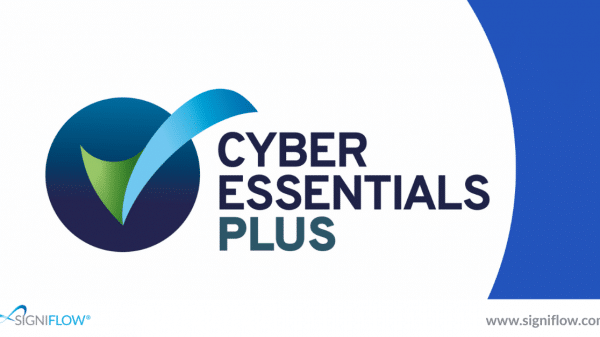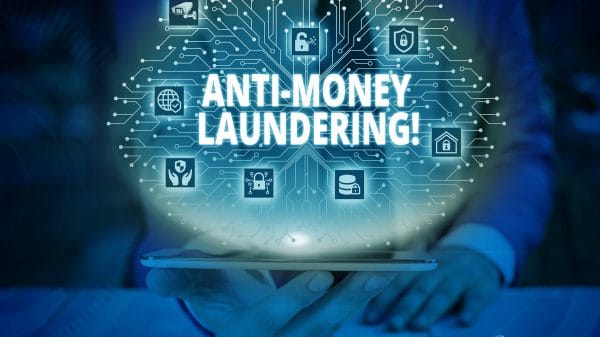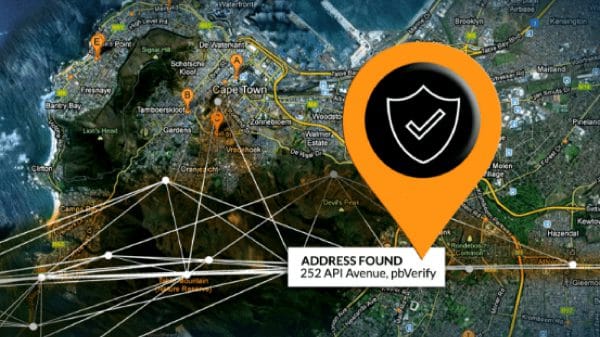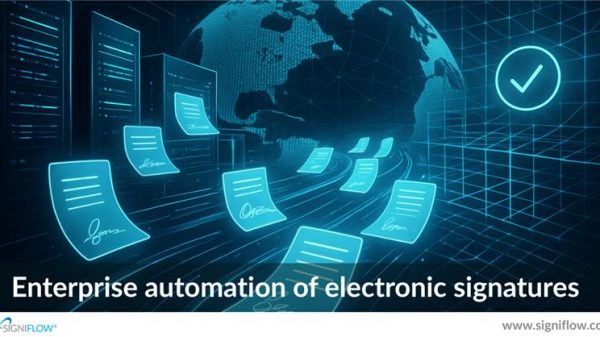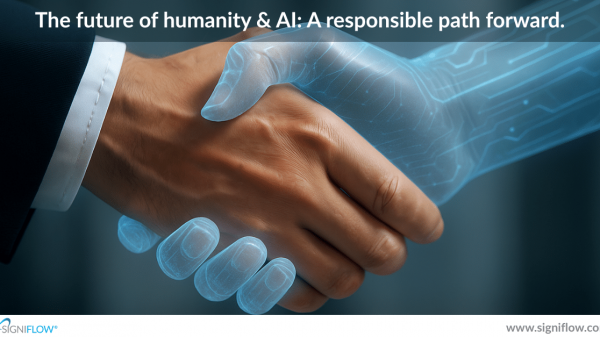In the modern digital era, digital identity has become a cornerstone of online interactions, enabling individuals and organisations to verify their presence and conduct secure transactions over the internet. Digital identity refers to the unique set of attributes, credentials, and data that represent an individual or entity in the online world.
As more aspects of our lives transition to the digital realm, the significance of digital identity grows, influencing everything from social media profiles to online banking and e-commerce. Digital identity is not just a username and password; it encompasses a wide range of identifiers, such as biometric data, digital certificates, and behavioural patterns, all of which help to establish and authenticate an individual’s online persona.
Understanding Digital Identity
At its core, digital identity is the collection of information used to represent an individual or entity online. This information can include:
- Personal Identifiers: Such as name, date of birth, and social security number.
- Login Credentials: Including usernames, passwords, and PINs.
- Biometric Data: Fingerprints, facial recognition, or voice patterns.
- Digital Certificates: Issued by trusted entities to verify the authenticity of the digital identity.
The Importance of Digital Identity
The rise of the internet and digital services has made digital identity an essential aspect of our daily lives. It plays a crucial role in:
- Security: Ensuring that only authorised individuals can access sensitive information or systems.
- Trust: Building trust in digital transactions, whether it’s online shopping, banking, or accessing government services.
- Convenience: Streamlining processes such as logging into accounts, making payments, or verifying identity without the need for physical documents.
- payments, or verifying identity without the need for physical documents.
Protecting Your Digital Identity
With the increasing importance of digital identity, protecting it from theft, fraud, or misuse has become a top priority. Measures such as:
- Multi-Factor Authentication (MFA): Adding an extra layer of security by requiring multiple forms of verification.
- Encryption: Protecting data by converting it into a secure format that can only be accessed by authorised parties.
- Regular Monitoring: Keeping an eye on digital identity use to detect any unusual or unauthorised activity.
The Future of Digital Identity
As technology evolves, so too will the concept of digital identity. Innovations such as decentralised identities and blockchain technology promise to give individuals more control over their digital identity, enhancing privacy and security in the digital world.
Read more about digital identity here.



